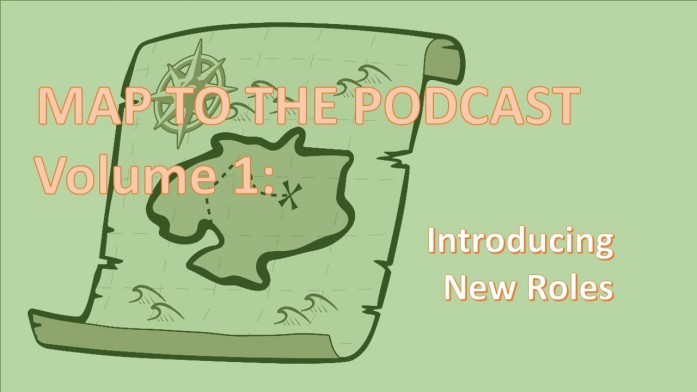Every week here at Ockham Healthcare we publish a new episode of the General Practice podcast, in which I interview people introducing new ways of working into general practice. Now with over 18 months of episodes in the podcast library there are a whole range of different case studies and individuals to choose from. As a result, the most relevant episode may be increasingly difficult to find. We have introduced a podcast index, but we wanted to create some more useful “maps” to help you find the most relevant episode for you. This week I take a look at where to find the best information about introducing new roles into general practice.
Where do you start? A helpful place is in our recent podcast with Dr Stewart Smith (Episode 75) from St Austell Healthcare. He describes how when thinking about introducing new roles their practice started by undertaking an audit of everything the GPs were doing that could potentially be done by someone else. New roles are not a luxury item in general practice. They are necessary because GP recruitment is becoming increasingly difficult (in some places impossible!), and as the workload becomes increasingly unmanageable new roles are necessary just for practices to remain sustainable. Stewart and his team used the results of the audit to identify locally what work could be taken off the GPs, and who could undertake it.
The headline new roles in general practice are paramedics (Charmi Rogers, Episode 23) who can support GPs with managing the urgent demand as well as undertaking home visits, pharmacists (Karen Acott, Episode 15, and Ravi Sharma, Episode 5) who can undertake medication reviews and run their own clinics, and physiotherapists (Neil Langridge, Episode 17) who can help with the high volume of patients presenting with joint pain. All of these can make a real difference to GP workload, while at the same time improve the quality of care for specific groups of patients.
Also on the rise are physician associates or “PAs”. Initially met with some resistance by the profession (seen as under-qualified for the challenges of general practice) they are now increasingly being welcomed by practices, because of the more general support they can provide to GPs. We ran a podcast mini-series in which I spoke to GP Dr Joanna Munden (Episode 52) about her experience of employing PAs, to Ria Agarwal and Andy King who are PAs working in GP practices about what it is like from their perspective (Episode 40), and to the RCP’s PA lead Jeannie Watkins (Episode 43) who explained that while there may not be many PAs around at present, the pipeline means they will be much more plentiful in a few years’ time.
What Stewart Smith’s audit also found was that it is not just on the clinical side that GP time can be saved. We spoke to Jonathan Serjeant (Episode 46) about how training administrative staff to manage GPs’ post can save each GP half an hour or more a day, and to Nick Sharples (Episode 62) about how work can be triaged away from GPs by trained receptionists in what is known as “active signposting”.
One of the reasons Stewart, and Jonathan Cope at Beacon Medical Group (Episode 57), are worth listening to is because they describe how these different roles can be brought together into one practice, and harnessed to redesign the way on the day appointments are managed, visits are carried out, in fact the way the whole practice operates. I also provide an overview of some of the wider lessons I have gleaned from talking to the experts about the introduction of new roles (Episode 32).
I hope this serves as a useful map to the podcast for those of you seeking more information about the introduction of new roles. If there is any individual role, or aspect of the introduction of new roles that we have missed, or that you think we could cover in more detail, do let me know (ben@ockham.healthcare) and we will try and include it as a future episode!


No Comments